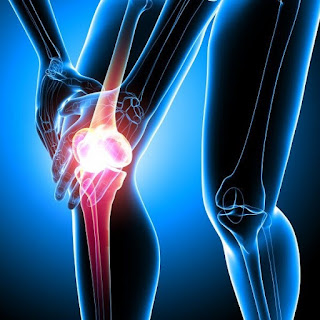Zilretta (triamcinolone acetonide extended-release injectable suspension) is indicated as an intra-articular injection for the management of osteoarthritis pain of the knee. Zilretta is used for treating osteoarthritis-related knee pain. The drug is contraindicated in patients who are hypersensitive to triamcinolone acetonide, corticosteroids or any components of the product.
Zilretta should not be considered safe for epidural or intrathecal administration. Rare instances of anaphylaxis, including serious cases, have occurred in patients with hypersensitivity to corticosteroids. Avoid injecting corticosteroids into a previously infected or unstable joint. Intra-articular administration may result in damage to joint tissues.
Infection with any pathogen in any location of the body may be associated with corticosteroid use.
Corticosteroids may increase the susceptibility to new infection and decrease resistance and the ability to localize infection. It can produce reversible hypothalamic-pituitary-adrenal axis suppression, with potential for adrenal insufficiency after withdrawal of treatment, which may persist for months.
Corticosteroids can cause blood pressure elevation, salt and water retention and increased potassium excretion. Monitor patients with congestive heart failure, hypertension and renal insufficiency for edema, weight gain and electrolyte imbalance. Dietary salt restriction and potassium supplementation may be needed.
Corticosteroid use may be associated with increased intraocular pressure. Monitor patients with elevated intraocular pressure for potential treatment adjustment. Corticosteroid administration may increase the risk of gastrointestinal perforation in patients with certain GI disorders and fresh intestinal anastomoses.
Avoid corticosteroids in these patients.
Alterations in Bone Density: Corticosteroids decrease bone formation and increase bone resorption. Special consideration should be given to patients with or at increased risk of osteoporosis prior to treatment.
Behavior and Mood Disturbances: Corticosteroids may cause adverse psychiatric reactions. Prior to treatment, special consideration should be given to patients with previous or current emotional instability or psychiatric illness.



